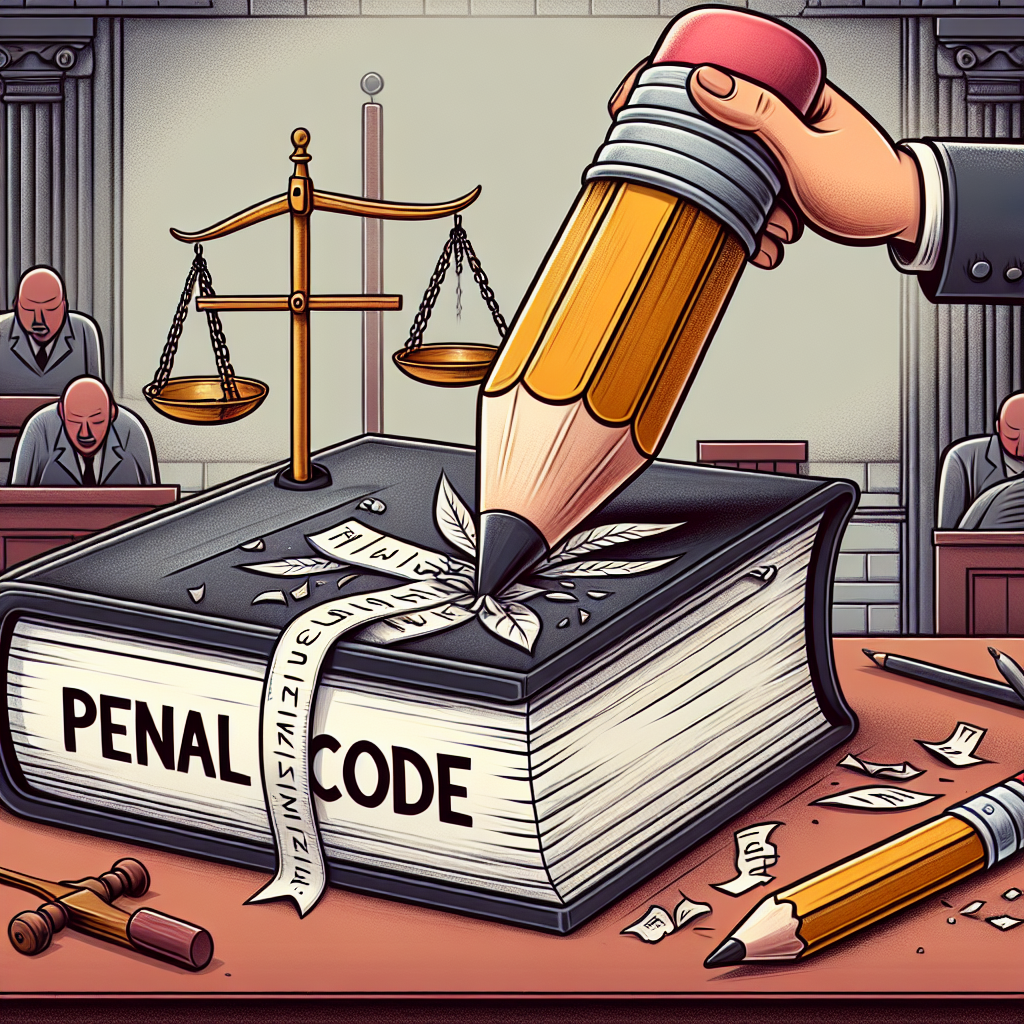Transgender Community at Risk: India’s Penal Code Overhaul Sparks Fears
India's revamped penal code has removed safeguards for transgender individuals against sexual violence, sparking fears within the community. Activists are advocating for the restoration of protections previously provided under Section 377. The new code limits rape cases to male perpetrators and female victims, increasing vulnerability for trans people.

The overhaul of India's 160-year-old penal code has ignited fears among the transgender community, leaving many vulnerable to sexual violence without sufficient legal protections.
Activists assert that the removal of safeguards, previously ensured under Section 377, places transgender individuals in significant danger. The new code restricts rape cases to male perpetrators and female victims, furthering the community's vulnerability.
Lobbyists are urging the government to reinstate these protections, emphasizing that the lack of specific laws for trans people will lead to more instances of abuse. Despite promises from officials to create a more equitable justice system, activists and trans individuals remain deeply concerned about their safety.
(With inputs from agencies.)
ALSO READ
Opposition Slams BJP Over Bail of IIT-BHU Gangrape Accused
BJP's Suvendu Adhikari Slams Mamata Banerjee Over Kolkata Rape-Murder Case
Massive Rally in Kolkata Demands Justice for Raped-Murdered Trainee Doctor
Rallies, demonstrations over medic's rape-murder in Kolkata
Kolkata Erupts in Protests Over Trainee Doctor's Rape and Murder










